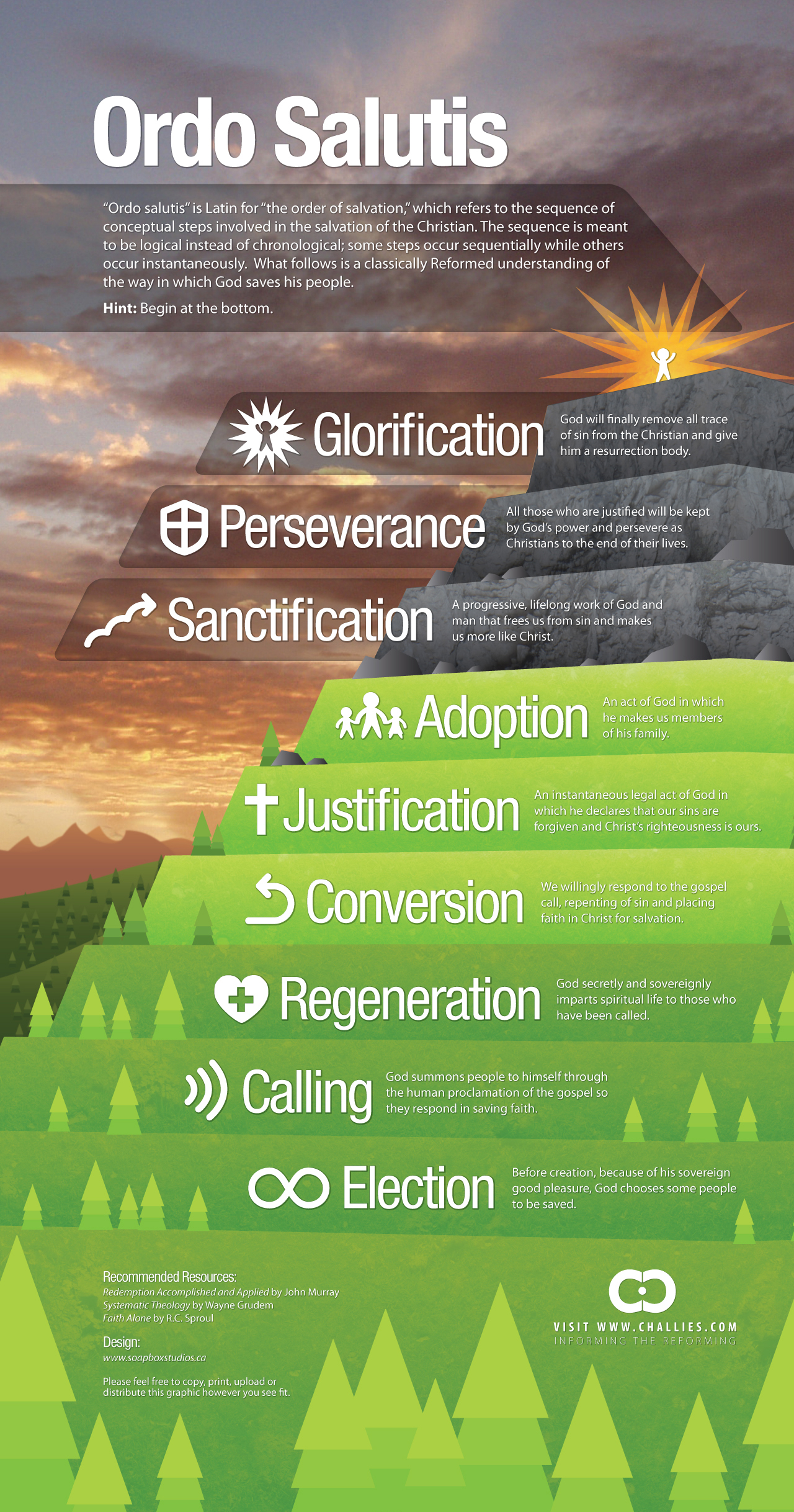- Dec 10, 2003
- 23,896
- 9,865
- Country
- Australia
- Gender
- Male
- Faith
- Christian
- Marital Status
- Single
My naturalistic view
From a naturalist view, everything is either determined by the laws of physics or (possibly) totally random.
Randomness, if it occurs, is indeed "uncaused," and hence "free" in the OP's sense, but it isn't really the kind of "freedom" one can feel good about.
There are many different kinds of "free will" (e.g. compatibilist free will, PAP free will), but the OP's version seems to me completely pointless.
Upvote
0



